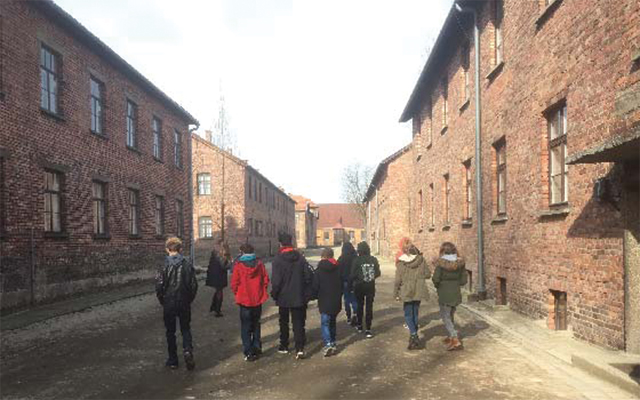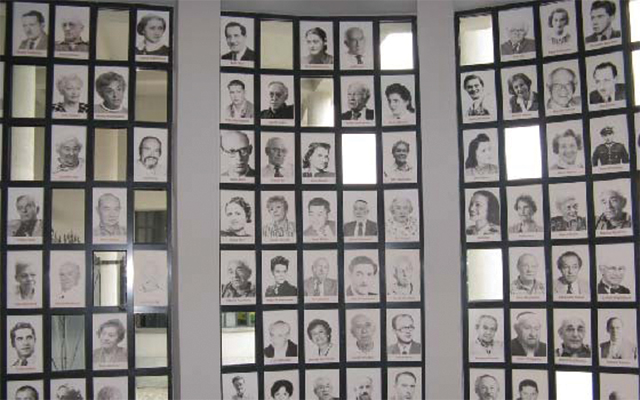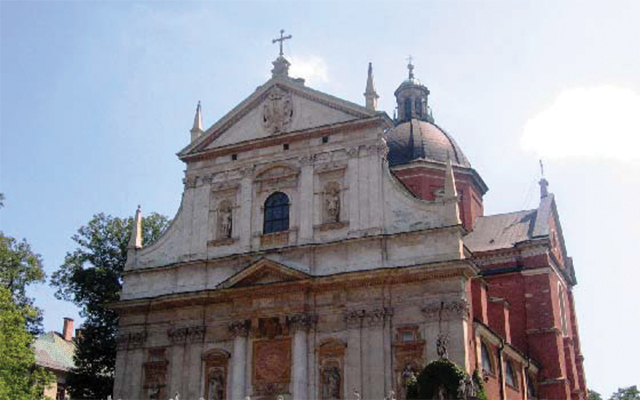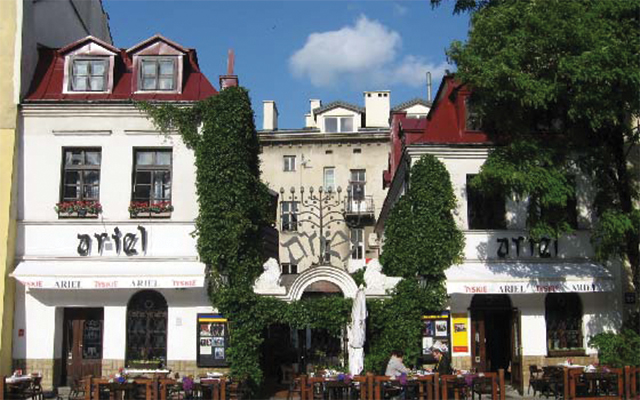Because of its status as the capital of the General Government during the Nazi occupation of Poland during the Second World War, Krakow, at least architecturally speaking, escaped much of the damage inflicted on other Polish cities. And the architecture here is truly stunning.
Krakow has also long been a centre of culture, academia and art in Poland so, aside from anything else, this is the ideal destination for a first visit to the country.
And if you think your group may be too small to arrange a trip, why not team up with your colleagues to run a cross-curricular tour? Many of the visits here work equally well for both history and religious studies.
History teacher?
Of course, as a history teacher, Krakow, the former capital of the General Government, is one of the top destinations to visit with students studying the Nazis and the Holocaust. And there’s one visit in particular that stands out – Auschwitz-Birkenau.

But a history trip to Krakow isn’t just about Auschwitz-Birkenau. There are some other great visits which will help to broaden your students’ understanding of life in Nazi-occupied Poland.

And a visit to Schindler’s Factory will tell the story of both the Polish and Jewish residents of the city during the Nazi occupation.

Roman Catholicism is by far the majority religion in Poland, with more than 87% of the population identifying as Catholic - which actually makes it the second most Catholic country in Europe, after Malta. And 65% of the population still attend church regularly, which is much higher than in Western Europe. So this is a wonderful destination in which to learn more about Roman Catholicism.
Poland also has a long history of religious tolerance, with Jews making up a significant minority prior to the Second World War, when Poland was home to over 3 and a half million Jews. 90% of those perished in the Holocaust.
Krakow itself was home to approximately 80,000 Jews (the total population of the city was around 237,000) before the Nazi occupation of Poland. The city had, in fact, become an important centre for Jewish culture in Poland since the community established itself there in the 12th Century.
But by the end of the Second World War, less than 6,000 Jews remained in the city. And the Nazis had destroyed most of the synagogues. Of course, a visit here will allow your students to learn more about these terrible events.

Make sure you don’t miss out on the opportunity to enjoy Jewish food at the Ariel restaurant, where you may also be treated to some traditional music!
Interested in visiting Krakow on your next school trip? Contact us today for further information.